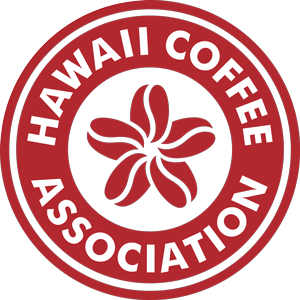The County of Hawai‘i has scheduled Community Information Sessions to be held around the island. Through the informational sessions, we are sharing what our County Departments are accomplishing and additional community programs that are available to community members. Hawaiian Electric and Hawai‘i Energy will present ways to reduce your energy use and the Office of Housing & Community Development will be sharing information on financial resources and support services available to eligible households.
You can attend the event in person or join thru the Zoom link below. The Zoom link is good for all of the Community Information Sessions.
We will continue to use COVID safety protocols, such as social distancing and sanitizing.
The remaining schedule is:
April 20th, 5:00 pm – 7:00 pm, Captain Cook – Yano Hall, 82-6156 Māmalahoa Hwy, Captain Cook
April 27th, 5:00 pm – 7:00 pm, Kapa‘au – Kohala Intergenerational Center, 54-382 Kamehameha Park Road, Kapa‘au
April 28th, 5:00 pm – 7:00 pm, Pāhala Community Center, 96-1149 Kamani St., Pāhala
May 11, 5:00 pm – 7:00 pm, Waikoloa Village Association – Banquet Room, 68-1792 Melia St., Waikoloa
May 18th, 5:00 pm – 7:00 pm, Waimea Community Center, 65-1260 Kawaihae Road, Waimea
May 24th, 5:00 pm – 7:00 pm, Kea‘au High School Cafeteria, 16-725 Kea‘au-Pāhoa Road, Kea‘au
R&D County of Hawaii is inviting you to a scheduled ZoomGov meeting.
Topic: County of Hawaii Community Information Session
Time: This is a recurring meeting Meet anytime
Join ZoomGov Meeting
https://www.zoomgov.com/j/1600554683?pwd=SXRmNHhwNzhWbENMSjA0Z2s1UmZ3Zz09
Meeting ID: 160 055 4683
Passcode: 845228
One tap mobile
+16692545252,,1600554683#,,,,*845228# US (San Jose)
+16692161590,,1600554683#,,,,*845228# US (San Jose)
Dial by your location
+1 669 254 5252 US (San Jose)
+1 669 216 1590 US (San Jose)
+1 646 828 7666 US (New York)
+1 551 285 1373 US
Meeting ID: 160 055 4683
Passcode: 845228
Find your local number: https://www.zoomgov.com/u/abworvZIbP
Glenn T. Sako
Agriculture Specialist
Hawaii County Research and Development
25 Aupuni St., Room 1301
Hilo, HI 96720
Direct line: 808-961-8811
Fax: 808-935-1205
Email: Glenn.Sako@hawaiicounty.gov
Hawaii County is an Equal Opportunity Provider and Employer
